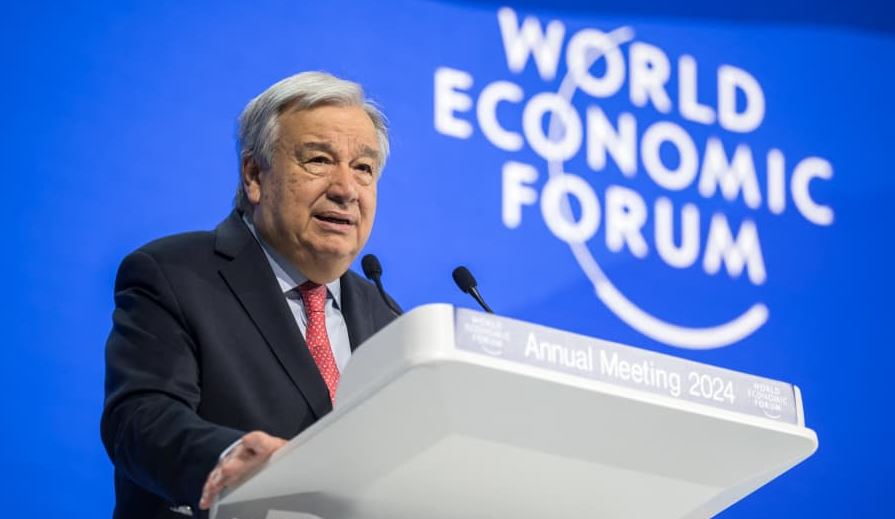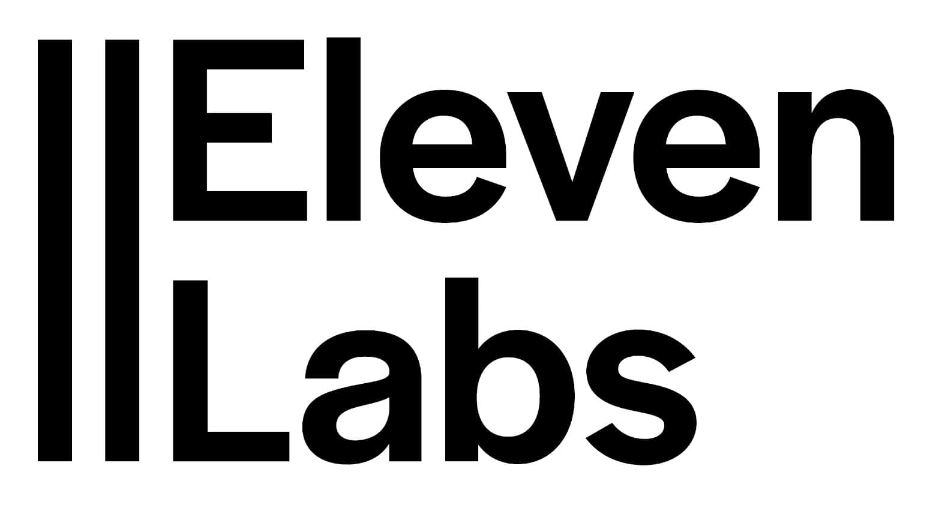
During the World Economic Forum (WEF) in Davos, January 2024, UN Secretary General António Guterres highlighted the urgent need for regulating the rapid development of artificial intelligence (AI), likening its risks to those posed by climate change.
This call for action resonates with the growing global concern about AI’s potential negative impact on human rights, privacy, and social harmony.
UN’s Dual Call for AI Regulation
Addressing global business and political leaders, Guterres urged for the reining in of AI’s “runaway” development. He emphasized the necessity of reforming the international system to effectively tackle challenges like AI and climate change, underscoring a loss of faith in governments and institutions due to global inaction.
Guterres drew parallels between the existential threats of climate change and unregulated AI. He pointed out the increase in emissions alongside the escalating risks posed by each new iteration of generative AI, highlighting the potential for serious unintended consequences.
“In the face of the serious, even existential threats posed by runaway climate chaos, and the runaway development of Artificial Intelligence without guard rails, we seem powerless to act together,” he said.
A January 2024 study by the International Monetary Fund (IMF) also warned of AI worsening global economic inequality. Guterres remarked on the “enormous potential” of AI for sustainable development but cautioned against tech companies prioritizing profits over human rights and social impact.
The Need for Effective Global Strategy
The UN chief acknowledged the exhaustive discussions on AI and climate catastrophe but lamented the lack of an effective global strategy to address these threats.
He emphasized the UN’s central role in convening efforts to manage AI risks.
The Secretary General further highlighted stark power disparities in the international system, advocating for a new, balanced, and just multipolar global order to prevent further deepening of global divides.
OpenAI CEO’s Perspective on AI Deployment
During a separate WEF session, OpenAI CEO Sam Altman called for an iterative approach to AI deployment, emphasizing the need for industry and society to collaborate on setting values and safety thresholds for AI systems.
He said “it is time to have these discussions to figure out how to regulate this and how to put some guardrails in place”.
WEF’s Warning on AI-Generated Misinformation
Still in Davos, the WEF warned of AI-generated online misinformation and disinformation as a top short-term risk, especially with billions expected to vote in elections worldwide between 2024 and 2026.
The report also highlighted AI’s potential to automate cyber attacks and its long-term dependence risks.
The global dialogue at the WEF in Davos underscores the critical need for collective action in regulating AI development. With leaders like Guterres and Altman calling for a balanced approach, the focus is on harnessing AI’s benefits while mitigating its risks to ensure a sustainable and equitable future.














